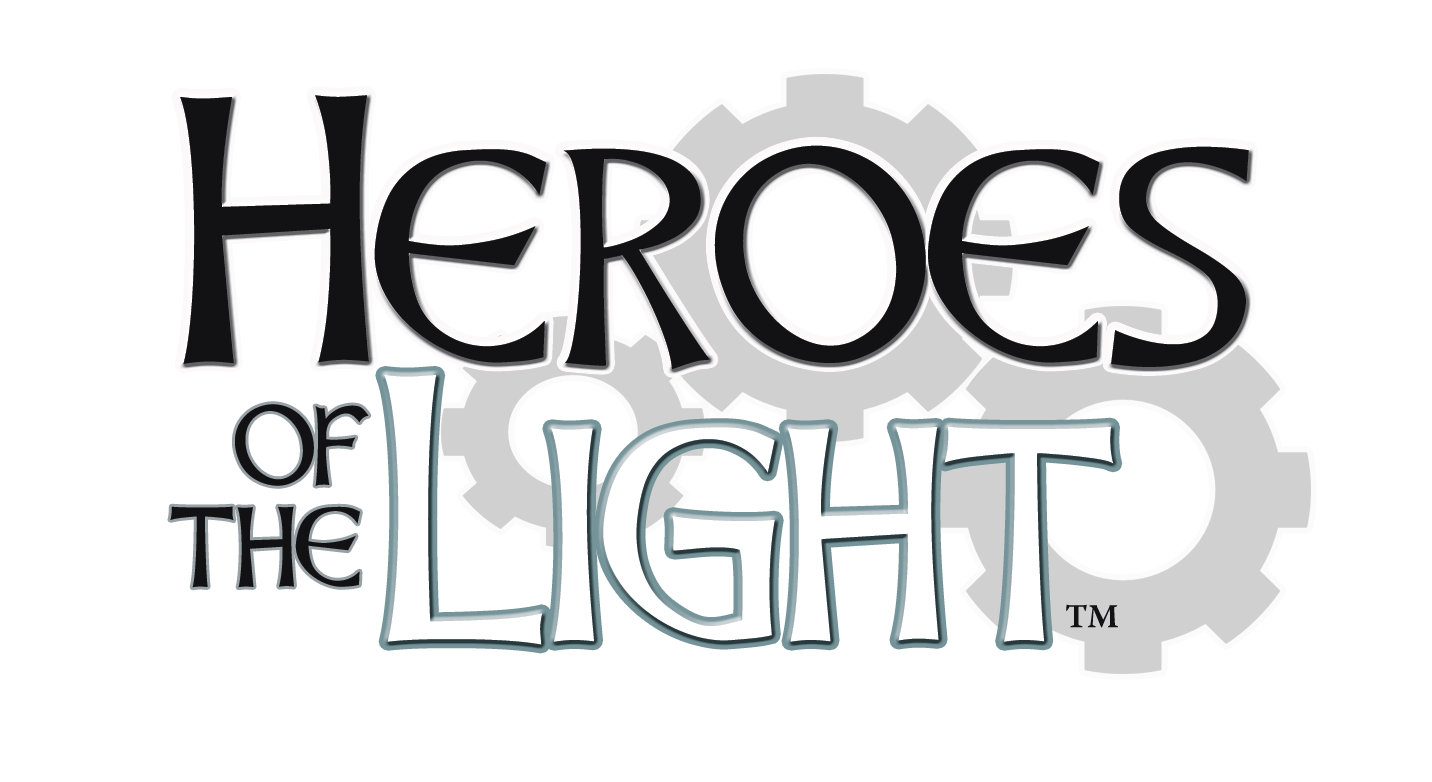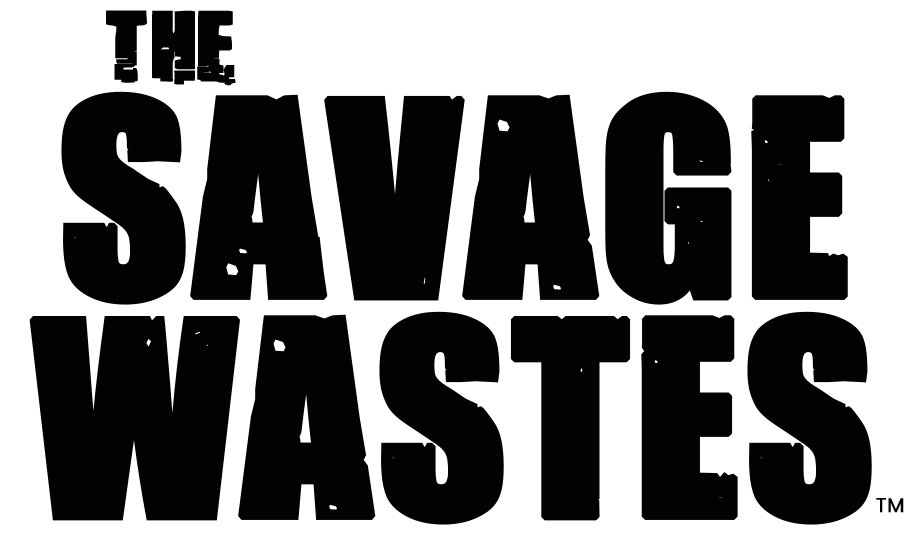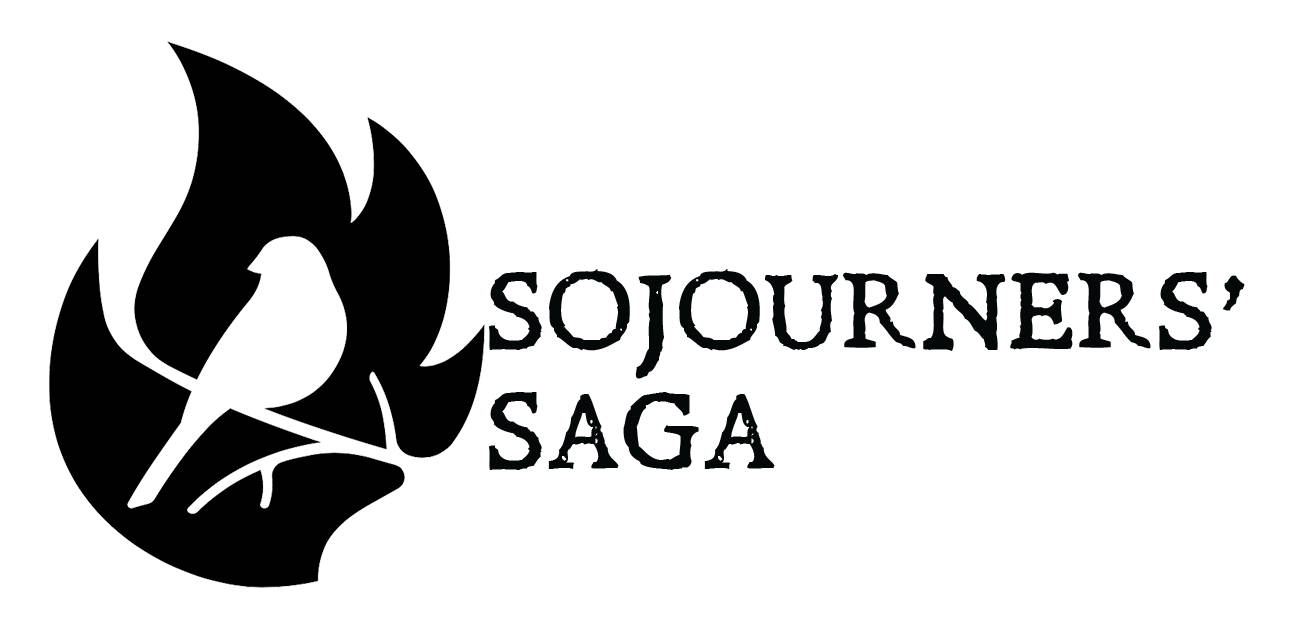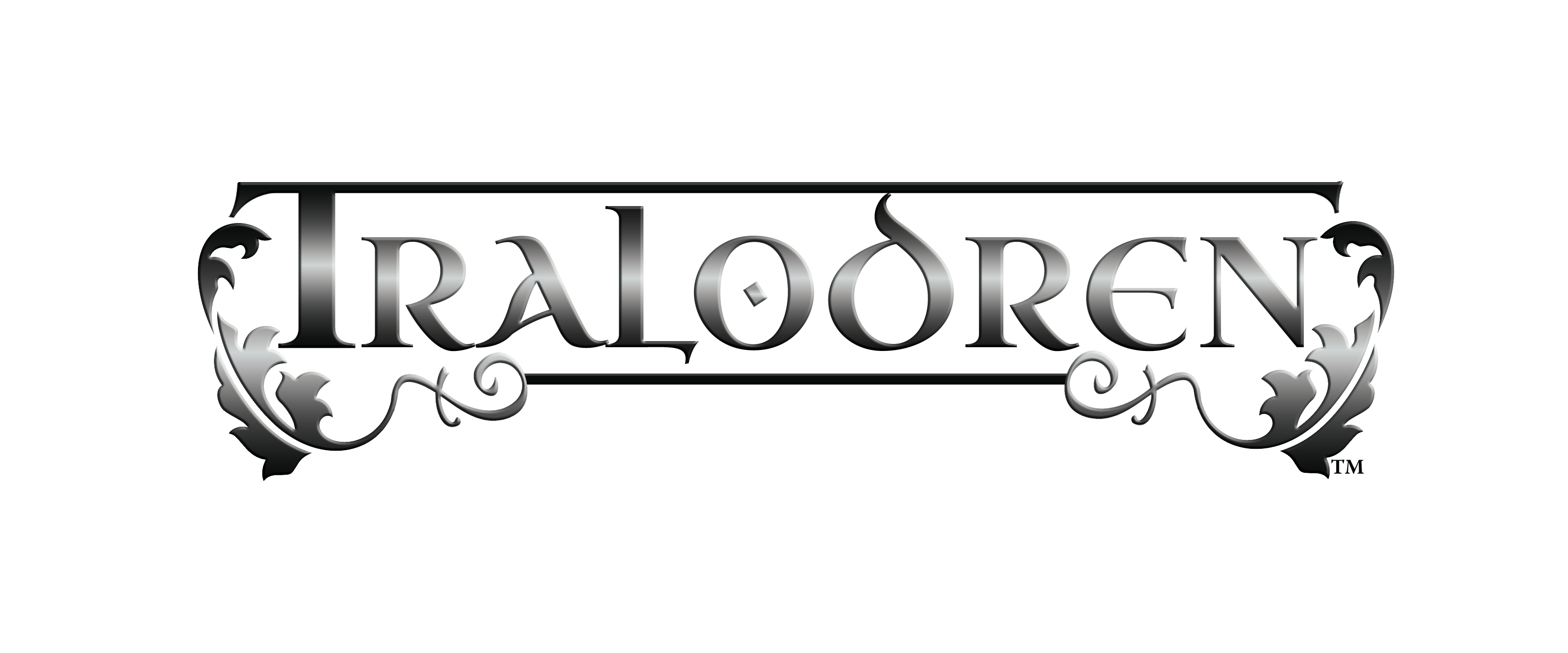AGENTS
SOLICITING CLIENT FEEDBACK
THE WRITER’S DESK © Chad Corrie
So far we’ve been able to talk about the process of agents and attaining one in a sort of simple but, I hope, helpful manner. By now you should have an idea of just how the process works and what you’ll need to undertake it—if you haven’t already. In the previous essay we covered a topic you’ll probably run into a lot: rejections. This time around we’re going to start up where we left off the time before that, namely where the agent has a full of your work.
So, an agent has the full of your work. That’s a good start, but as I’ve said before, that does not mean they will offer you representation. But hey, you’re further along than most authors get. So now what do you do while you wait for the agent to send their reply?
Due diligence.
Yes, we’re going back to that again. If the agent has a full of your work you can bet they are looking it over and you as well, getting a better feel for who you are. This means reading your website, blog, checking out your social media, and doing just about all the same things you did to them before sending them your submission.
The one thing we didn’t talk about in the vetting process was actually going to the clients of the agent who has your full and checking with them on what they might be able to tell you about their agent. I like to compare this to “customer feedback” or talking to “satisfied customers” about the job and/or services that the agent has rendered.
You should be able to find a list of clients on the agent’s website, blog, or just through some simple online sleuthing. Typing in: “repped by (named of agent)” can also help you to get things going on said search. You don’t need to dig through all the clients but try and find ones that have written the same work you have or are doing what you want to do and then seek out a means to contact them. Some will have emails contact forms on their blogs/websites, some will have intermediaries you’ll have to get to, and others you can just email directly. However you contact them just don’t try to dump a ton of questions on them and make clear your intention up front.
You don’t want to spook them or have word get back to their agent about this “strange author” trying to find out more information about them via their clients. Simply stating your work is being considered by said agent and you’d like to find out a little bit more about what they have done with their clients, is fine. And then just ask some questions that are things you want to know. Simple ones to start out with are: Is the contract a standard one? Is the agent more hands on/editorial or hands off and aloof? How easy are they to get a hold of and work with? How fast are they in sending things off? Do they handle subsidiary rights? Do they charge for any other fees? And so forth.
You’ll be able to add in your own thoughts and concerns pertaining to your own unique situation but remember to keep the questions to a sane level and try to keep them in a more business-oriented focus. Asking personal and relational questions aren’t really the best way to go about doing this nor will such questions secure a more objective answer. Make it clear too that the author doesn’t have to answer the questions either if they don’t want to, you’re just curious to see what they might be able and willing to share.
Now, understand you’re going to have to look past the glowing commentary to get a full picture of things. That’s why I stress looking to talk with three to five clients, if possible. That way you can see consistencies and weed out the unique nature of each author and their needs/situations. Most of the agent’s clients are going to be happy with their agent so you can look past the commentary on how great she/he is and this, that, and the other to see just what it is they do and if they are the right fit for you.
In some agents I’ve looked into in this way I found the pattern of how slow the agent was to reply to their clients. Taking days in some cases for email replies and trying to reach them by phone was more hit and miss too. That to me is a red flag or at least something I’d have to address with the agent should an offer be made. If I’m dealing with deadlines and/or matters that need prompt answers I’d like to know my agent would be fast to reply and easy to get a hold of (not just for me but for my editors and others who might wish to do business with me through said agent).
So once you got that due diligence done now what? It’s back to the waiting game. I know it might not be the most fun type of situation but it’s something you’ll have to get used to as it’s part and parcel with most of the process of getting published. Some things just take a little time and publishing at this point in its inception is one of them.
Now, like I said earlier, you can follow up with the agent at the right time but for now you just wait, write, and find other processes in which to engage. Eventually you’ll get the email or phone call back (assuming they are the agents who do so). And that’s where we’ll leave things for now.













